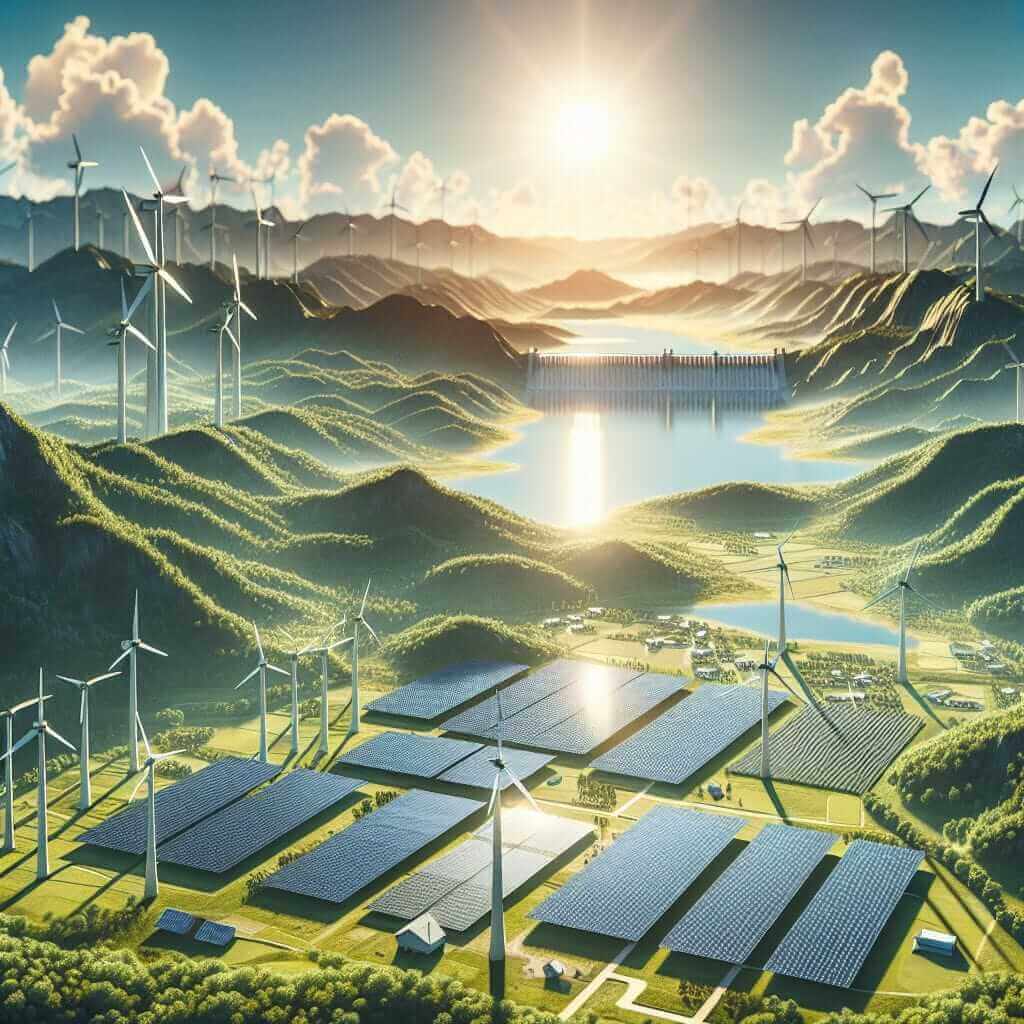The IELTS Reading section requires test-takers to study and comprehend a variety of texts and answer questions testing their understanding. One frequently discussed topic, “What are the challenges of achieving sustainable economic development?”, has been prominent due to growing global concerns. This article aims to provide a comprehensive practice test on this topic, reflecting the sophistication and depth found in the actual IELTS exam.
Recent analysis suggests that environmental and economic sustainability issues frequently appear in IELTS Reading passages. Given the increasing relevance of sustainable development globally, the likelihood of encountering such topics in future IELTS exams remains high.
Practice Reading Test: Medium Text
Reading Passage
Achieving sustainable economic development is a multifaceted challenge that combines environmental, social, and economic goals. One prominent challenge is balancing economic growth with ecological preservation. Many economic activities, particularly in industrial sectors, lead to significant environmental degradation. Deforestation, pollution, and overuse of natural resources are by-products of industrialization and urbanization, resulting in adverse effects on biodiversity and climate change.
Furthermore, social equity is integral to sustainable development. Income inequality and social exclusion can undermine both economic stability and public trust. For a society to thrive sustainably, there must be equitable access to resources, education, and opportunities. Countries must implement policies that close the gap between the rich and the poor, ensuring that the benefits of economic growth reach all sections of the population.
Another significant challenge is the transition to renewable energy sources. While renewable energy is crucial for reducing carbon emissions, it requires substantial initial investments and infrastructural adjustments. Many developing countries face financial constraints which hinder their ability to adopt such technologies. Additionally, the reliance on fossil fuels due to their established infrastructure and economic viability presents a paradox for sustainable development.

Questions
Multiple Choice (Choose one answer)
- What is a primary challenge in balancing economic growth with environmental preservation?
A. Income inequality
B. Deforestation and pollution due to industrial activities
C. Lack of educational resources
D. Social exclusion
True/False/Not Given
- Renewable energy adoption involves minimal financial investment.
- Social equity plays no role in sustainable economic development.
- Industrialization contributes to environmental degradation.
Matching Information
-
Match the following challenges with their descriptions:
- A. Economic growth vs. ecological preservation
- B. Social equity
- C. Transition to renewable energy
i. Ensuring equitable access to opportunities and resources
ii. Environmental degradation due to industrial activities
iii. Initial investment and infrastructural needs
Answers and Explanation
Multiple Choice
- B. Deforestation and pollution due to industrial activities – These are cited in the passage as by-products of industrialization and urbanization.
True/False/Not Given
- False – The text states that renewable energy requires substantial initial investments.
- False – The passage emphasizes the importance of social equity in sustainable development.
- True – Industrialization is mentioned as a cause of environmental degradation.
Matching Information
-
- A: ii. Environmental degradation due to industrial activities
- B: i. Ensuring equitable access to opportunities and resources
- C: iii. Initial investment and infrastructural needs
Common Mistakes
- Overlooking Details: Many students miss key details by not reading the passage carefully. For instance, noting that renewable energy requires substantial investment highlights the contrast with the statement regarding minimal investment.
- Misinterpreting Keywords: Understanding terms like “social equity” and its implications for sustainable development is crucial. Misinterpreting these terms can lead to incorrect answers.
Vocabulary
- Deforestation (n.) – /dɪˌfɔːrɪˈsteɪʃn/ – The act of cutting down or burning the trees in an area.
- Equity (n.) – /ˈekwɪti/ – The quality of being fair and impartial.
- Infrastructural (adj.) – /ˌɪnfrəˈstrʌkʧərəl/ – Relating to the fundamental facilities and systems serving a country, city, or area.
Grammar Point
Relative Clauses
Relative clauses are essential in IELTS Reading passages for adding information about a noun. For instance:
- Example: “Countries that implement equitable policies find it easier to achieve sustainable development.”
Using relative clauses correctly can enhance comprehension and answer precision.
Conclusion and Tips
- Read Regularly: Regular reading of various texts improves comprehension and speed.
- Underline Key Information: Highlighting essential points aids in answering questions more accurately.
- Practice Critical Thinking: Analyze and synthesize information, considering the passage’s broader context.
- Familiarize with Different Question Types: Diverse question formats require different strategies.
By understanding these challenges and consistently practicing, you can excel in the IELTS Reading section.